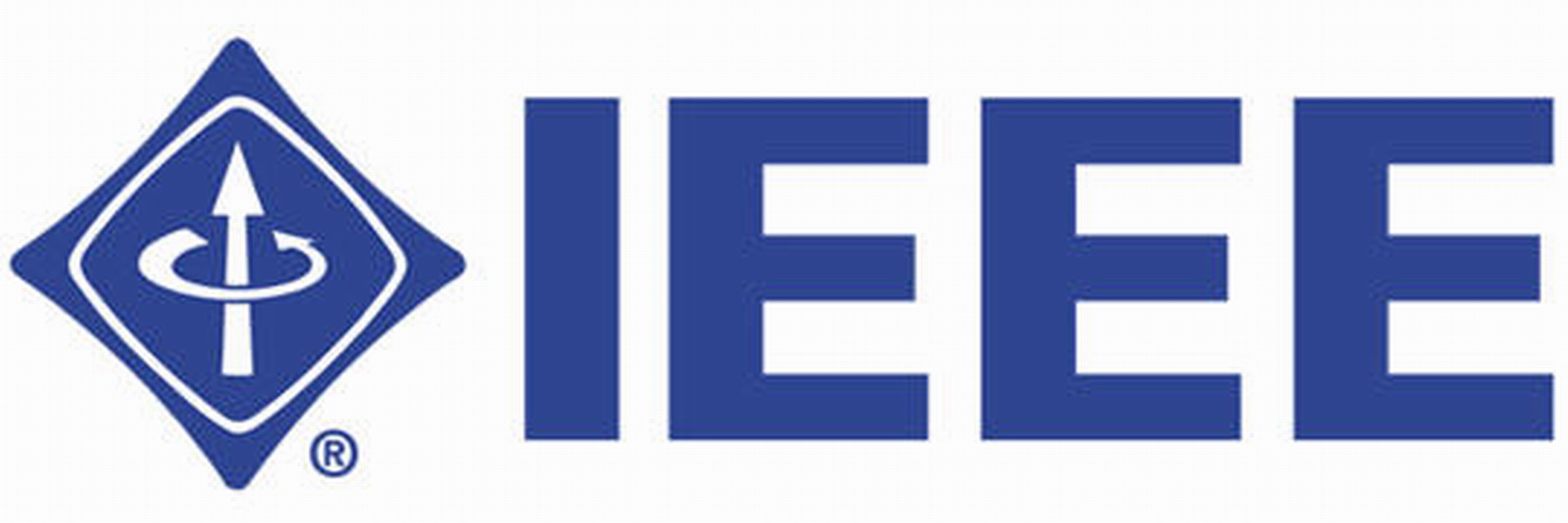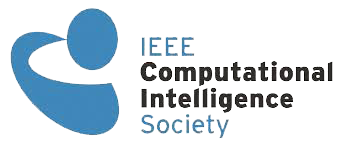|
AT4Safe: Advanced Technologies for Safety Detection and Quality Control of Grain
Synopsis: Ensuring the quality and safety of food and food products stands as a paramount
concern for both the state and its citizens. In modern society, the demand for food
transcends mere sustenance; it extends to encompassing aspects like quality, safety,
and nutrition. However, the safety of staple foods such as grains, oil, and food products
face numerous challenges. Agricultural production grapples with issues such as soil
pollution and the improper use of pesticides and fertilizers, while in the circulation and
consumption phase, problems like food adulteration, counterfeiting, and irregularities
in storage and transportation persist. Hence, there's an urgent need for rapid testing
methods to ensure the safety of grains, oil, and food.This workshop aims to bolster the
quality and safety of grain, oil, and food by introducing advanced testing technologies
and methodologies. These include electromagnetic analysis technology, nondestructive detection techniques, advanced sensor technology, among others. By
implementing rapid, non-destructive, and precise testing of grain, oil, and food, we can
further guarantee their quality and safety.
Organizer: Hongyi Ge, Henan University of Technology, China
HFITCO: Human Factors in Intelligent Transportation: Challenges and Opportunities
Synopsis: Recent technological advances enabled human beings to become the key role of our
daily life. In particular, human factors in intelligent transportation emerged as an
exciting research topic that can provide solutions to improve the safety and quality of
life of drivers, from aviation, land to maritime. This works introduces the humancomputer interaction specialists developed in this workshop, with particular focus on
its innovative perception and interaction capabilities. The project’s main goal is to
enrich the day-to-day experience of drivers with technologies that enable safe driving,
comfort driving, to sustainable driving.
Organizers: Jiawei Xu, Wenzhou University, China
Yi Chen, Wenzhou University, China
TrustRL: Trustworthy in Reinforcement Learning
Synopsis: This workshop seeks to motivate researchers in the realm of reinforcement learning
systems to integrate safety considerations into both the creation and utilization of these
systems. The term 'safety' is defined extensively, covering the prevention of self-injury,
environmental damage, and significant societal costs.
Organizers: Ronghui Mu, The University of Exeter, UK
Gaojie Jin, The University of Exeter, UK
LLM2P: Large Language Models: From Theory to Practice
Synopsis: The landscape of large language models (LLMs) is rapidly evolving, with significant
contributions from both open-source and proprietary developments. These models are
profoundly impacting various sectors, including business, healthcare, education, and
entertainment by automating complex tasks, enhancing customer experiences, and providing
new insights from data analysis.
This workshop aims to bridge the gap between the theoretical underpinnings and practical
applications of large language models (LLMs). It will cover foundational concepts, recent
advancements, ethical considerations, and hands-on applications of LLMs across various
industries.
Organizer: Jingwei Zuo, the Technology Innovation Institute, Abu Dhabi
EOAuto: Evolutionary Optimization and Its Applications in Autonomous Driving and Systems
Synopsis: Optimization problems widely exist in autonomous driving and systems, such as vehicle scheduling, path planning, etc. Evolutionary algorithms (EAs) have been widely used to solve optimization problems across various real-world applications for their advantages that they can provide multiple solutions in a single run for flexible selection and they make no special assumptions about the problem properties such as differentiability and continuity. With the rapid development of autonomous driving and systems, there is a trend to use EAs to solve optimization problems in this field that are difficult to solve by traditional mathematical optimization methods. This workshop aims to investigate the development of the application of EAs in the field of autonomous driving and systems.
Organizers: Jinyuan Zhang, Southern University of Science and Technology, China
Wenjing Hong, Shenzhen University, China
BridgeXT: Bridging the Gap: Exploring Explainability in Autonomous and Trusted Computing
Synopsis: As technology continues to advance, autonomous and trusted computing systems are becoming increasingly prevalent in various domains, including healthcare, finance, transportation, and more. However, with this advancement comes the challenge of ensuring that these systems are not only efficient and reliable but also transparent and understandable to users and stakeholders. Explainability in autonomous and trusted computing has emerged as a crucial area of research and development to address this challenge. This workshop aims to explore the significance, methods, and implications of explainability in autonomous and trusted computing systems. Through interactive discussions, presentations, and hands-on activities, participants will share their insights regarding the importance of explainability, current research trends, and practical approaches to enhance transparency and trust in autonomous systems.
Organizers: Hanwei Zhang, Saarland University, Germany
Holger Hermanns, Saarland University, Germany
IPLearn: When Image Processing Meets Novel Learning Techniques: Opportunities and Challenges
Synopsis: With the development of deep learning techniques, the traditional field of image processing is increasingly influenced by deep learning. Some typical tasks, such as image and video compression, image reconstruction, image matching, have achieved significant improvements within the framework of deep learning. In recent years, with the emergence of new network architectures or models, such as transformer, mamba, NeRF, diffusion model, as well as large language models, new opportunities and challenges have arisen. This workshop aims to provide a platform for researchers and industry experts to discuss recent advancements, share insights, and address the key challenges for applying novel deep learning techniques to typical image processing or computer vision tasks.
Orgnizer: Jinglei Shi, Nankai University, China
|








